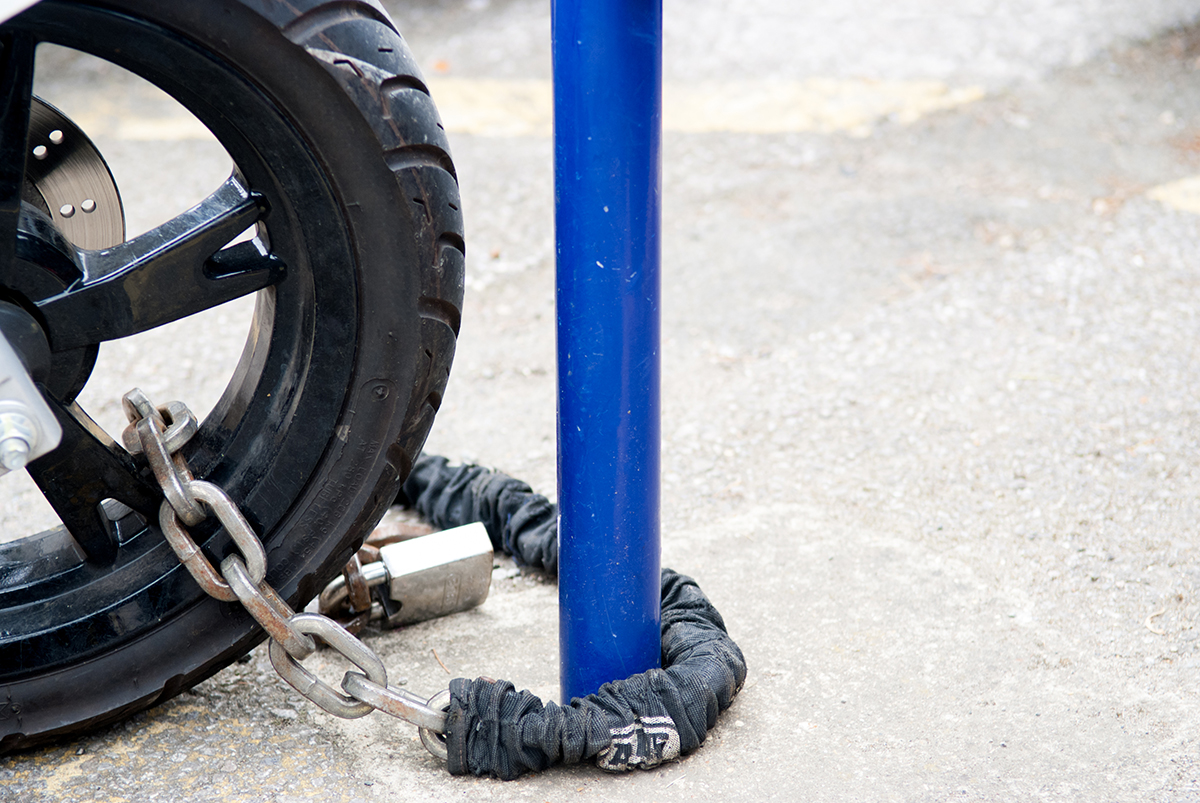When it comes to protecting yourself and your loved ones, safety starts at home.
Creating a safe environment is the key to cultivating a sense of security and peace of mind for you and your family.
You want everyone under your roof to feel at home and have everything they need to get around, play, and live worry-free.
And whether you have little ones, care for an elderly loved one, or live with your spouse, taking the right precautions can minimize the risk of accidents and injuries.
So, we put together this list of fifteen essential tips to make your home into a sanctuary, including everything from backyard and pool safety to fall prevention.
Let’s start with the former!
Backyard and Pool Safety Tips
Tip #1 – Invest in a Four-Sided Fence
Putting up a four-sided fence in your backyard provides a couple different levels of security.
If you’re caring for your children or an elderly loved one with cognitive issues, the last thing you want is for them to leave the property without you knowing. Having a closed-off backyard can make sure everyone stays where you can keep an eye on them.
Additionally, if you have a pool, the fence can help prevent unexpected visitors from accessing it.
Tip #2 – Set up Backdoor Alarms
Adding alarms to doors that open out into your backyard can make sure you know whenever anyone goes outside.
That way, if one of your little ones decides to go on an impromptu backyard adventure, you’ll be alerted immediately.
Tip #3 – Leave no Swimmer Unsupervised
This tip is one of the golden rules of swimming. No matter how old they are, never leave a swimmer unattended.
Even if you’re an excellent swimmer, avoid swimming alone whenever possible. All it takes is an unexpected muscle cramp or some other accident for things to go very wrong.
Tip #4 – Swimming and Alcohol Don’t Mix
Drinking is infamous for impairing cognition and physical ability.
So, whether you’re supervising by the pool or splashing around in the water, save the alcohol for later.
Fire Safety Tips
Now that we’ve covered the pool and backyard, let’s move on to our fire safety tips.
Tip #5 – Check Your Smoke Detectors Regularly
As a general rule, test your smoke alarms once every six months and replace the batteries if necessary.
And if you find yourself in the same home after ten years, go ahead and replace your smoke detectors altogether.
Tip #6 – Keep a Fire Extinguisher Close by
Most homes should already have a fire extinguisher in the kitchen, but this is a situation where having more than you need certainly couldn’t hurt.
If you can, keep an extra extinguisher in the garage, and if your home has multiple floors, keep one on each level.
Tip #7 – Be Mindful of Fire Hazards Around the House
To minimize the risk of fires in your home, keep an eye out for the following hazards:
- Flammable clutter on appliances like the stove, oven, microwave, toaster, lamp, radiator, space heater, etc.
- Smoking (always use a durable, nonflammable ashtray)
- Candles (never leave a lit one unattended!)
- Old or faulty wiring
- Flammable liquids, canisters, lighters, etc. (store them properly, and indoors if necessary)
Tip #8 – Cook Smart
Always make sure to clean your cookware before using it to avoid any food debris catching fire.
And, of course, never leave the stove or oven unattended while cooking — especially when grease is involved.
Fall Safety Tips
Unfortunately, falls are all too common in the elderly community.
Here’s our list of tips to give your senior the freedom and peace of mind to move around the house with ease.
Tip #9 – Let There Be Light
Falls often happen at night when visibility is low.
So, make sure to install plenty of night lights or other accessible lighting in the halls, stairwells, kitchen, bedroom, and anywhere else your elderly loved one might need it.
Tip #10 – Clean Out the Clutter
Remove any area rugs, blankets, toys, cords and wires, clothes, loose bed sheets, and other obstructions from the walkways in your home.
With nothing to trip over, your senior will be much less likely to take a tumble.
Tip #11 – Make Clear Pathways Throughout Your Home
Check to see if your furniture arrangement creates any awkward or tight spaces that might be difficult for a senior to navigate.
If so, make an effort to straighten things out and give your loved one plenty of space to move around freely.
Tip #12 – Keep Whatever They Need Within Arms Reach
When stocking the shelves, keep all items anywhere from waist to shoulder height. The less they have to bend down or reach up for things, the less likely they are to lose their balance.
This tip goes for the closet, kitchen, bathroom, and anywhere else they’ll need to grab something.
Tip #13 – Install Mobility Aids in All Bathrooms
Depending on your senior’s level of mobility, consider adding the following items to the bathrooms in your home:
- Grab bars (can be placed in the shower or by the toilet or sink — or all three)
- Non-slip bathtub mats
- Shower chair or bench
- Raised toilet seat
- Easily accessible shower caddy (going back to tip #12!)
Home Security and Personal Safety Tips
Last but not least, let’s talk about how to protect you, your home, and your family from harm.
Tip #14 – Invest in a Home Security System
Home security systems are one of the best ways to deter potential thieves and intruders. They can also allow you to keep an eye on your family while
Depending on your budget, you can go with a professional company like ADT or Vivint. Or, if you’re the handy type, you can install your own DIY system.
These days, smart home systems allow you to link your doorbell, smoke alarms, and carbon monoxide detectors to the same hub, so you’ll always know what’s going on when you’re not around.
Tip #15 – Stay Protected Anywhere You Go With the Rescu Personal Safety Alarm
With crime in the US at a twenty-year high and 911 centers still reeling from covid, there’s never been a better time to invest in a personal safety alarm.
And when it comes to mobile medical alert systems, the Rescu app offers the fastest and most reliable way to get help in an emergency.
Rescu allows you to skip the question and answer sessions with the operator and get straight to the part that matters most: dispatching emergency services to your location.
After you set up your account with your address, relevant medical information, and emergency contacts, all it takes is two taps to get help — one tap for the service you need, and the other to send the alert.
If you have an emergency at home, Rescu can dispatch help directly to your address. And if you’re out and about, Rescu’s upcoming Prime service will allow you to send an alert anywhere in the United States.
Using precise GPS technology, the app will determine your exact location and send responders your way within seconds. And you’ll never have to talk to anyone, wait in a call queue, or worry about your request being dropped.
Starting at just $7 a month, Rescu makes personal safety fast, affordable, and easy to use. Click below to get started today, because when time is of the essence, you and your loved ones shouldn’t have to wait.





